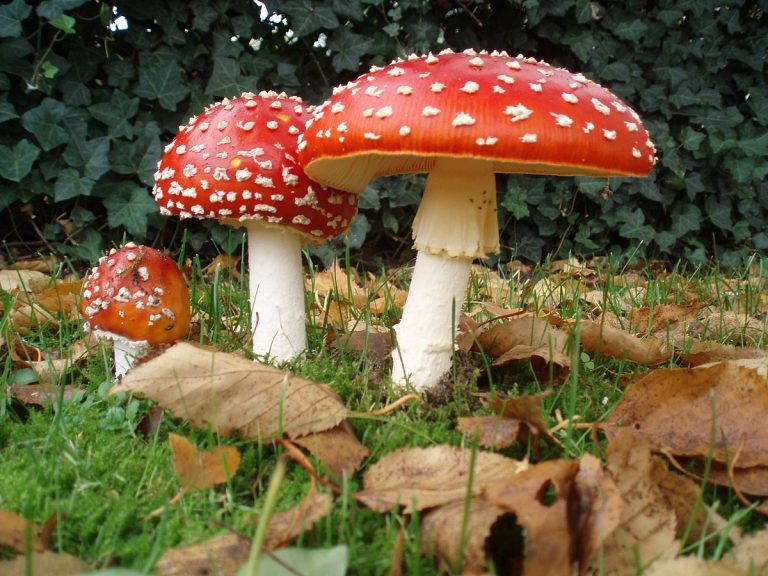
Similar Posts

Farmers Could Utilize Microbes As A Natural Means Of Fertilizing Soil That Is Lacking Nutrients.
A research paper published in The ISME Journal found 522 genomes of archaea and bacteria related to the roots and soil of two plants native to the Brazilian montane savanna region called “rocky meadows”. The study revealed many new microorganisms that were previously unknown to science, making the region a hot spot for biodiversity. The…
ACTINO Scales Up Production Capacity
Strong demand is a good problem to have for any startup in the agricultural sector, and ACTINO Biosupplement Inc. is tackling it head-on by scaling up its production capacity. As more mushroom growers adopt the ACTINO biosupplement, the company recognized that its existing production setup needed to grow in tandem to ensure timely supply and…

Food safety in mushroom farming
According to the Alger Conservation District, hobbyist mushroom growers may cause difficulties as various strains of mold and bacteria can infiltrate the crops they are trying to grow. Landen Tetil of the Alger Conservation District says that growing mushrooms is a delicate process that requires purchasing or reproducing spawn, inoculating, sterilizing, and maintaining optimal moisture…
